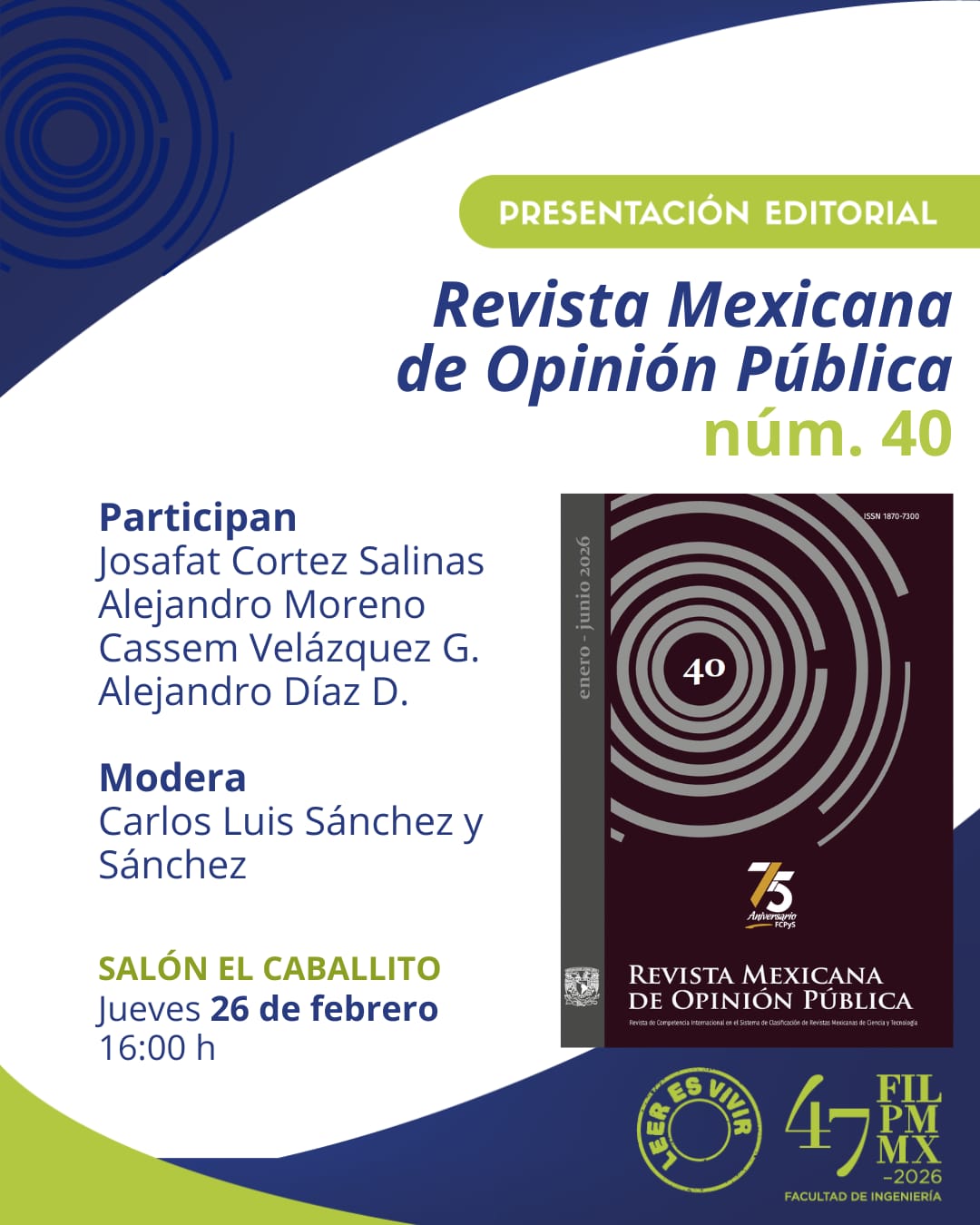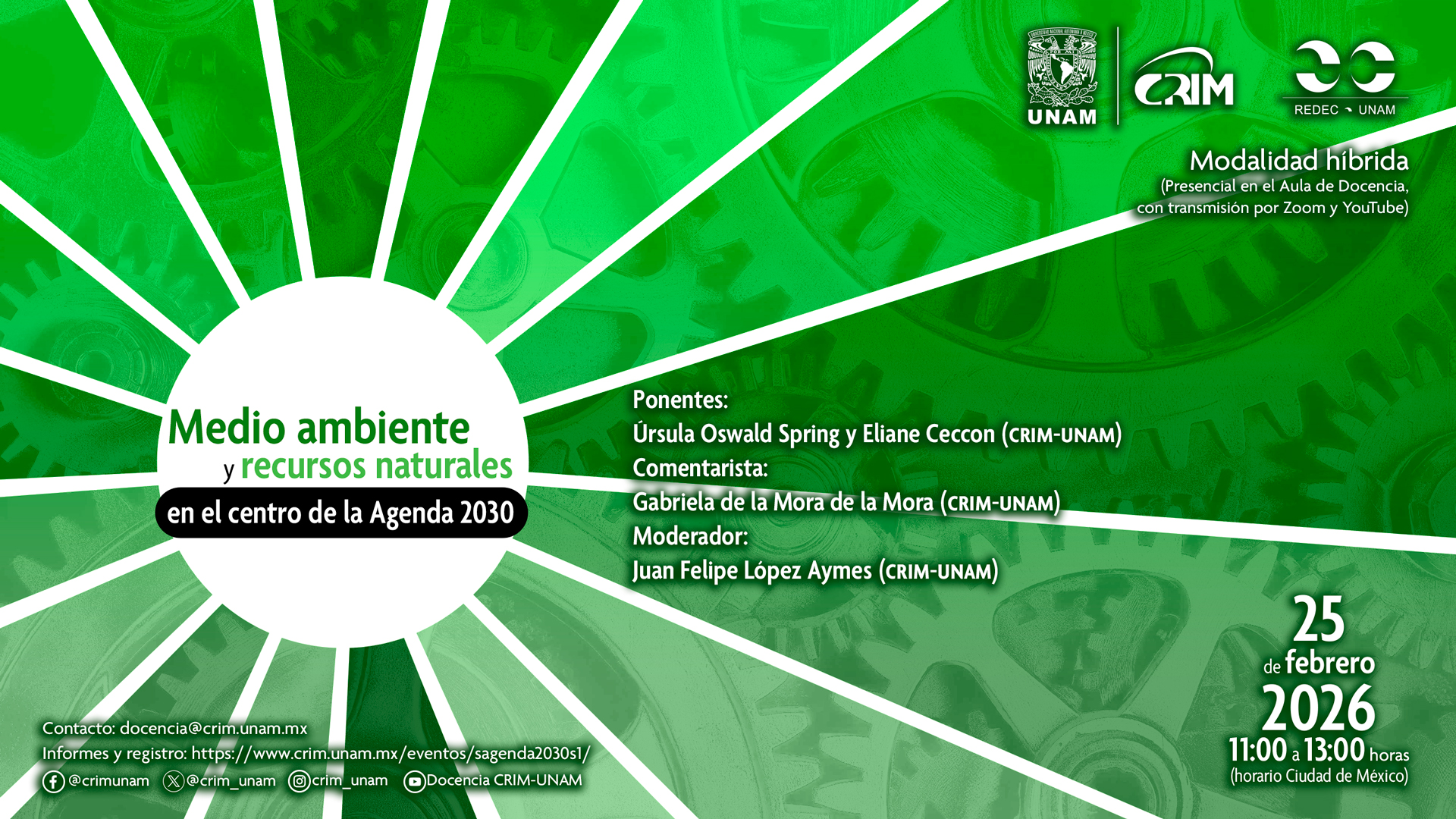Polarization and Social Media
Special Issue Call for Papers
Causes, Symptoms and Consequences of Social Media Induced Polarization (SMIP)
Short Title (SI: Polarization and Social Media)
Special Issue Guest Senior Editors
Israr Qureshi
The Australian National University, israr.qureshi@anu.edu.au
Babita Bhatt
The Australian National University, babita.bhatt@anu.edu.au
Samrat Gupta
Indian Institute of Management Ahmedabad, samratg@iima.ac.in
Amit Anand Tiwari
Indian Institute of Management Rohtak, amit.tiwari@iimrohtak.ac.in
Special Issue Coordinating Senior Editor: Yulin Fang
Special Issue Coordinating Editor-in-Chief: Robert Davison
Objectives of the Special Issue
This special issue seeks to address the conceptualization and issues surrounding SMIP. The overarching objective of this special issue is to present exemplary research that focusses on the development of new theories and artifacts for the measurement of polarization, as well as helping us achieve a better understanding of its drivers and consequences. Several questions are worthy of research in the domain of SMIP. Investigation of the digital proliferation of debates and controversies around cultural activities, products, and services, their reinforcement through echo chambers and evaluation of its impact on society is required. Additionally, a better understanding of the technological factors that drive polarization in the socio-cultural domain and consequently, the dynamics and evolution of the complex structures that give rise to echo chambers is also required. The negative consequences of polarization, such as increased social gridlock and partisanship, need enhanced scrutiny. This will also require methodological advances in modelling and managing polarization. Finally, further assessment of the importance of policy initiatives to help public and private decision-makers to handle socio- cultural discourse/controversies with minimal damage is required.
With a wide range of research investigations that are needed in the area of polarization, this special issue aims to open up a forum for a discussion of the causes, symptoms, and consequences of SMIP. This research will spark a broader conversation on any socio-cultural context that may hold significance in developing and developed nations in terms of comparison and learning from challenges of polarization driven primarily through social media. Such research could focus on any aspect within the socio-cultural domain including but not limited to people, festivals, organizations, industries or products such as books, films, media, performing arts, architecture, etc.
We welcome submissions that extend our knowledge of the global phenomenon of SMIP through either novel conceptual frameworks or rigorous empirical research. We are open to qualitative and quantitative papers. We expect contributions to offer new empirical insights, develop new concepts and theories, and offer directions for practice and policy. We will not consider papers with atheoretical research designs or mathematical modelling techniques devoid of an empirical element.
Key Questions and Themes
Based on the systematic literature reviews on the issue of polarization, we identified a set of research questions for this special issue. These questions include, but are not limited to, the following:
Theory-driven Research Questions
- What are the theoretical underpinnings of various SMIP processes?
- What are the various selection, filtering, and sorting processes through which echo chambers emerge?
- Are there cross-country differences in SMIP? What are the theoretical explanations for those differences?
- What are the characteristics, structure, and architecture of platforms on which socio- cultural polarization takes place?
- What theoretical insights can be drawn from the temporal dynamics of the formation of echo chambers?
Phenomenon-driven Research Questions
- To what extent do social media platform users experience polarization?
- Why is polarization on climate change increasing in spite of better access to information?
- How did a pandemic become a source of polarizing debate on social media?
- How can organizations and governments help individuals engage more consciously or critically with controversial or fake content?
- What are the temporal dynamics of the formation of echo chambers around climate change debate?
- What are the platform policy innovations that may minimize SMIP?
Review and Publishing Process
Considering the emerging importance of understanding SMIP, especially in the context of social media use, as well as the acknowledged reputation of the Information Systems Journal in publishing papers that investigate topics of societal interest, we expect authors to submit innovative research designs that have the potential to make cutting-edge contributions to knowledge. Authors should explain, in the cover letter, how they meet the special issue objectives and how their findings are generalizable or transferable to a broad range of contexts. All submitted papers will undergo a rigorous peer-review process that will consider relevance to the special issue, scientific rigor, significance, originality, style, and clarity. Reviews will be conducted on a rolling basis. Authors can submit their papers at any time on or before January 31, 2021. Submitted papers will be immediately screened by the SI Editorial Board to ensure that they fit the objectives of the SI and ISJ, and can be reasonably improved during the indicated time frame. For formatting criteria, authors should refer to the ISJ website at https://onlinelibrary.wiley.com/page/journal/13652575/homepage/ForAuthors.html.
Manuscripts that are screened in will go through the SI review process. It is expected that a manuscript will normally go through a maximum of three rounds of revision before a final decision is reached.
Timeline:
Reviews will be conducted on a rolling basis. Submission Deadline: January 31, 2021. No deadline extensions will be made.
Te puede interesar
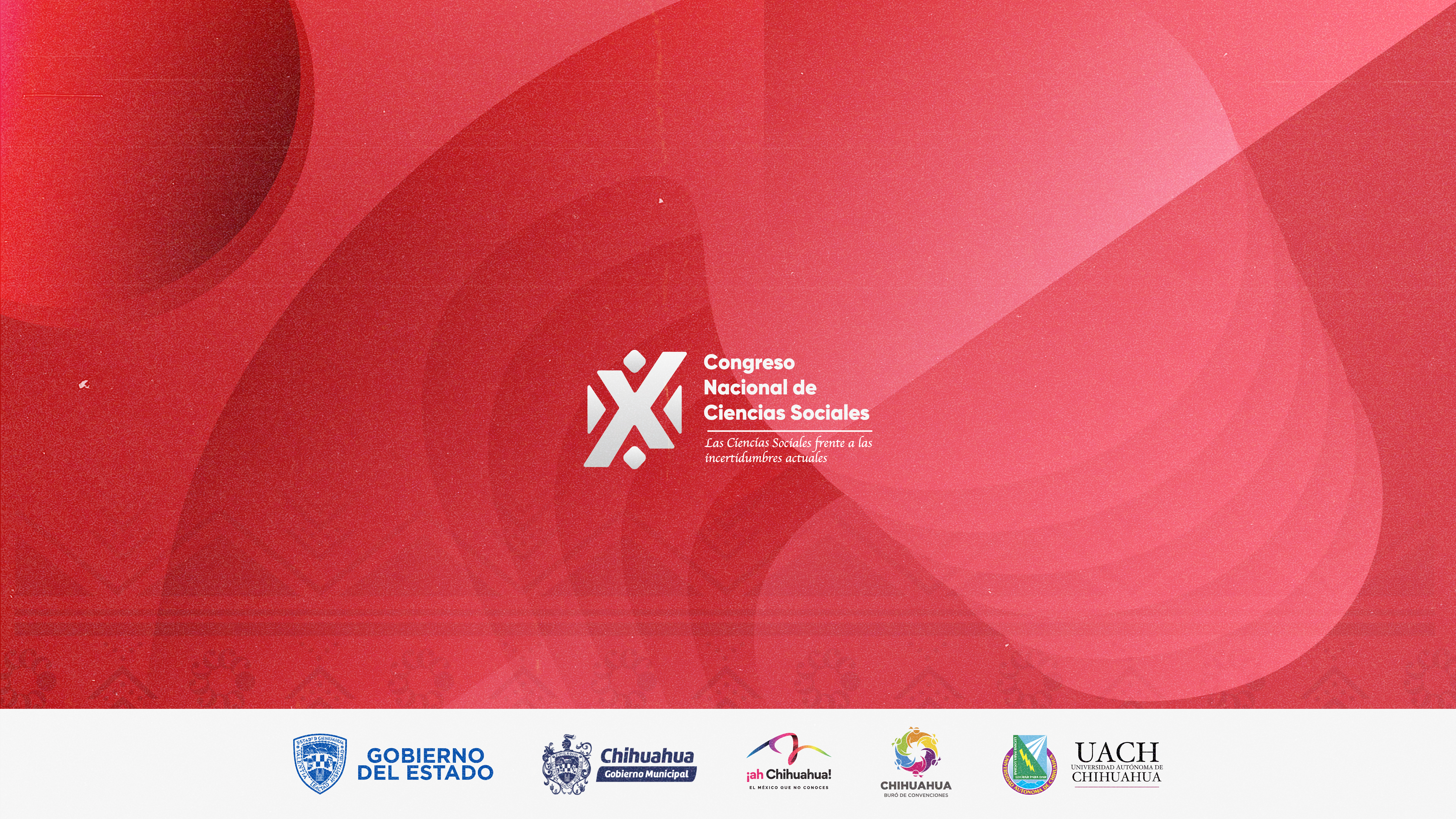
Convocatoria Feria del libro
Laura Gutiérrez - Feb 18, 2026FERIA DEL LIBRO X CONGRESO NACIONAL DE CIENCIAS SOCIALES “Las Ciencias Sociales frente a las incertidumbres actuales” INVITACIÓN Información general…

Hoteles con convenio | X Congreso Nacional de Ciencias Sociales
Laura Gutiérrez - Ene 28, 2026X Congreso Nacional de Ciencias Sociales Las Ciencias Sociales frente a las incertidumbres actuales del 23 al 27 de marzo…

Memorias del IX Congreso Nacional de Ciencias Sociales
Roberto Holguín Carrillo - Jul 02, 2025IX Congreso Nacional de Ciencias Sociales Las ciencias sociales y los retos para la democracia mexicana. Realizado en el Instituto…
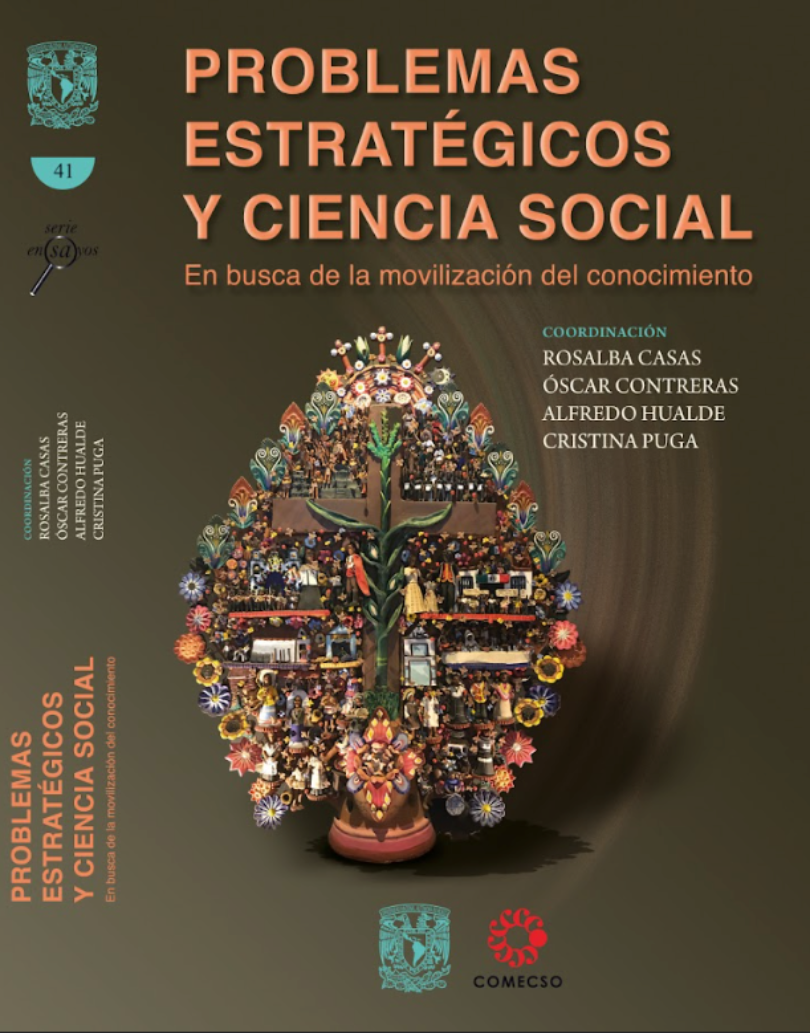
Problemas Estratégicos y Ciencia Social
comecso - Feb 18, 2026¡Nueva publicación, ineludible para quienes se desarrollan en el ámbito de las Ciencias Sociales! Nos complace anunciar la reciente publicación…
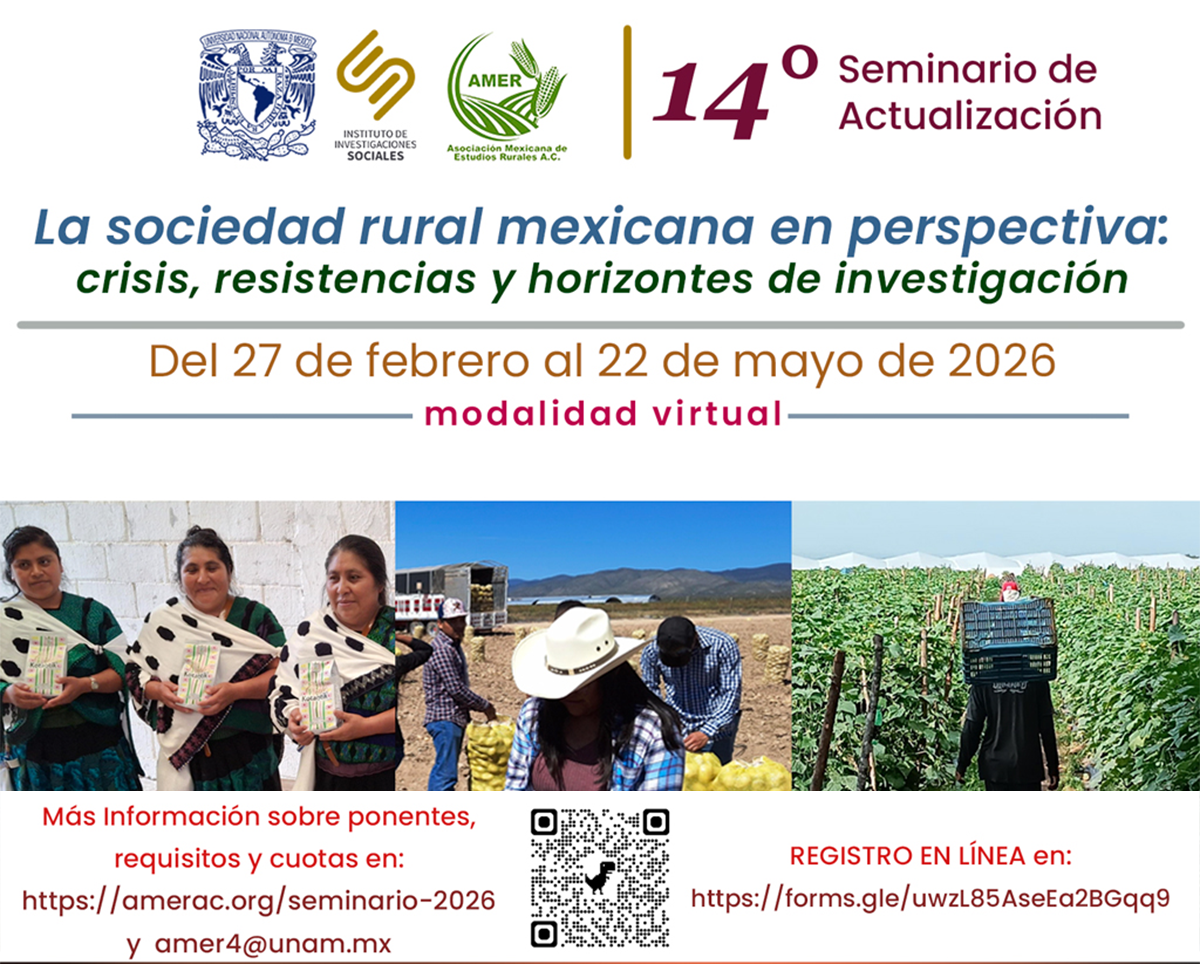
La sociedad rural mexicana en perspectiva
Laura Gutiérrez - Feb 18, 2026Universidad Nacional Autónoma de México, Instituto de Investigaciones Sociales y la Asociación Mexicana de Estudios Rurales, A.C. 14° Seminario de actualización…






